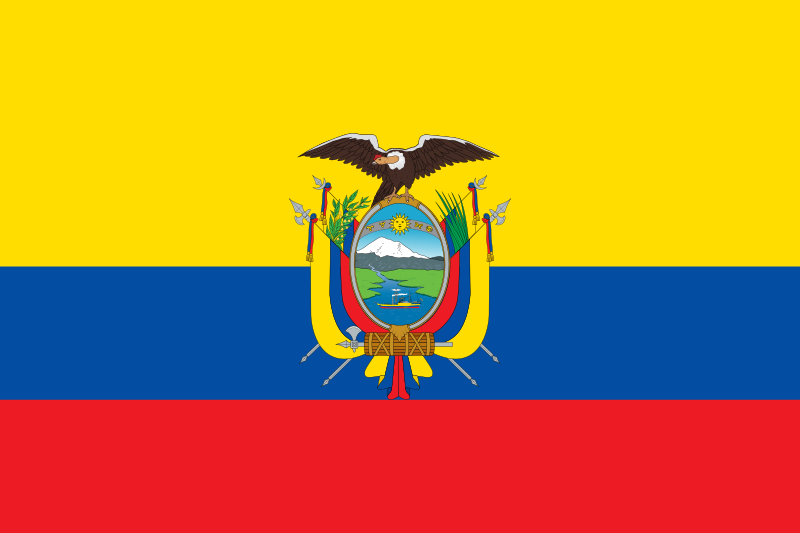The recent announcement that Indonesia’s National Narcotics Agency (BNN) will be upgraded to a ministry-level organization signals the government’s intention to ramp up its fight against the drug trade.
In mid-March, reports in both English and Indonesian press stated that the BNN’s rise to a ministerial-level body was imminent. The move will see an increase in the BNN’s funding, facilities, and equipment, and builds on a 2009 law which established the BNN as an independent law enforcement agency, putting it in charge of drug abuse prevention, rehabilitation, community empowerment, and, ultimately, drug eradication.
A spokesman for the BNN hailed the potential upgrade for the agency, telling Tempo, “One thing for sure is the drug eradication strategy will improve, and drug user [sic] will decrease.”
Plans to turn BNN into a ministry-level organization have been several years in the making, with little progress since the retirement of previous BNN chief Gories Mere in 2012. The appointment of new chief Budi Waseso in September 2015, however, provided the restructuring with a new impetus.
Previously the National Police’s chief of detectives, Waseso has attracted controversy – and ridicule — for suggesting that drug offenders should be imprisoned on islands surrounding by crocodiles. He has also recommended that Indonesian prosecutors should no longer distinguish between users and dealers, claiming that the distinction allows dealers to avoid punishment by posing as someone suffering from problematic use. This recommendation came despite the fact that Indonesian law already provides clear guidelines on the amount of drugs a user must be carrying before he/she is classed as a dealer.
The BNN’s seemingly soon to be increased power continues a highly worrying trend witnessed in Indonesia since the election of President Joko Widodo in 2014, who declared drug use to be a national “emergency” following his taking of office, and vowed to deny clemency requests for those sentenced to the death penalty for drug offenses. Indeed, less than a year after Widodo’s election, six people, including five foreign nationals, were executed for drug offenses in January 2015, with a further eight executed for these crimes throughout the year.
As a result of its increased hardline tactics in its “war on drugs”, and contravention of international human rights law in the use of the death penalty for drug offenses, the Indonesian government has come in for strong condemnation from governments and UN bodies alike, including the secretary general, Ban Ki-moon.
Yet, all of these protestations have fallen on deaf ears. In conjunction with the proposed change to the BNN, a third wave of executions were announced on March 18, highlighting the government’s worrying determination to press on with its punitive approach, despite all evidence and entreaties to the contrary. In fact, the government has taken on a defensive stance, framing the issue as one of sovereignty.
“This is our law enforcement. We will enforce our law in our own country, and Indonesian law still applies the death sentence”, stated Indonesia’s attorney general last month. The 11-month lull in executions was not, he claimed, due to international pressure, but due to technical difficulties arising from “the rainy season”.
Such obstinacy paints a bleak picture for Indonesia’s drug policy reformists. Evidence that the death penalty does not provide a deterrent, and is a gross violation of human rights, is ignored by the government, and with the increase in authority given to Budi Waseso’s BNN, there appear to be troubling times ahead in the country.


